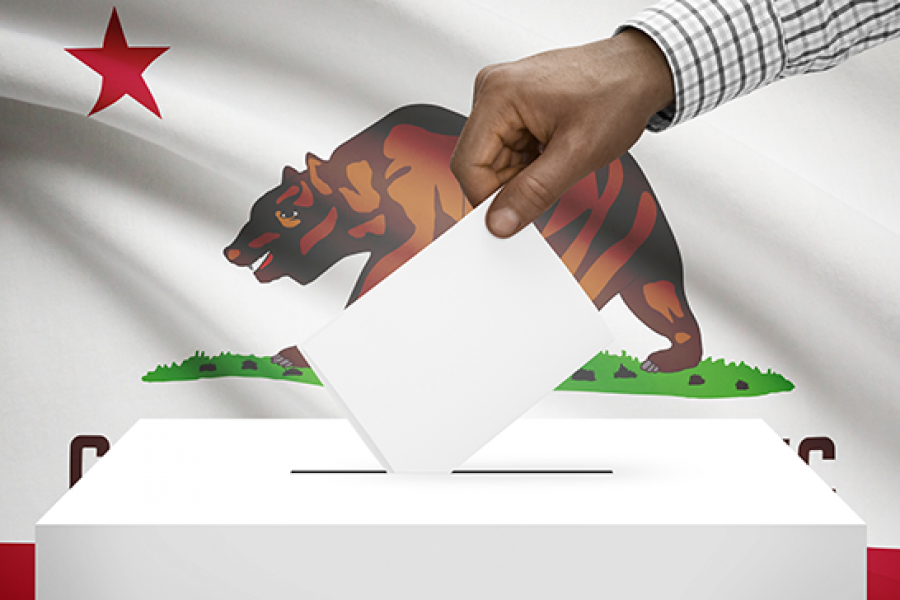By Brendan Pringle
This afternoon some 8,000 Starbucks stores in the United States shut down for “racial-bias education” to prevent discrimination in its stores. Starbucks remains under fire after the arrest of two black men after they refused to leave or make a purchase. The training is said to include a pre-recorded video from the rapper Common.
While this move signals Starbucks’ commitment to inclusivity, it won’t solve the broader issue of people lingering in their stores. Neither will its new policy allowing customers to use restrooms and occupy their cafes without making a purchase.
Regardless of locale, Starbucks seems to face the same pesky problem of customers and non-customers overstaying their welcome, whether that means staking their claim at a table near the power outlet or hanging around without making a purchase.
Back in 2014, Asia One reported that a teenager in Singapore lashed out against a Starbucks branch on social media when the manager had moved her group’s belongings and thrown away their drinks after they had left them there for 30 minutes. He also asked them to leave. The comment backfired on her, as Facebook users chided her for her “sense of entitlement.”
In the United States, Starbucks seems to have embraced squatters, offering faster WiFi and creating more comfortable shops. In 2013, Starbucks announced its partnership with Google to provide WiFi service that is up to 10 times faster than the service that AT&T had previously provided them. At around the same time, Silicon Valley Starbucks stores introduced wireless charging technology as an amenity, according to Engadget.com.
These trends find their roots in Starbuck’s inclusive, “always say yes” culture. Starbucks has long embraced its reputation as a judgement-free zone for WiFi moochers and lingerers, but it could backfire on them as they double down on this corporate value . . .
Previously, Starbucks depended on its branches to follow corporate culture and embrace everyone—including lingerers. With its newly defined policy, the problem will likely grow worse.
“Starbucks is going to regret inviting non-customers to use its restrooms,” said Kerry Jackson, a fellow with PRI’s Center for California Reform. “Apparently, the company doesn’t care if its policies drive customers away, which is the predictable outcome. Managers are probably going to have a hard time finding good employees at some locations, too. Who wants to work for a company that invites non-customers to create a hazardous, chaotic environment in its stores?”


